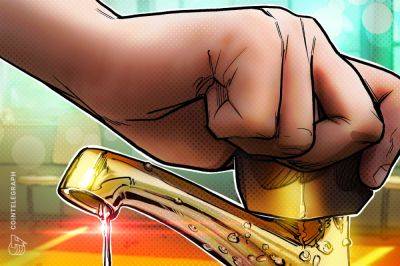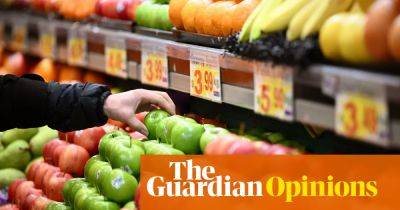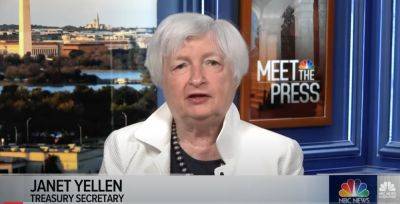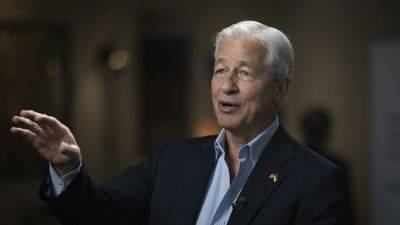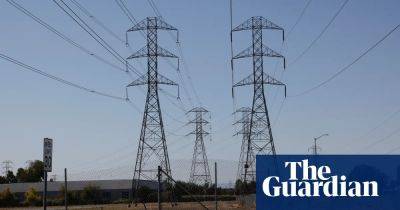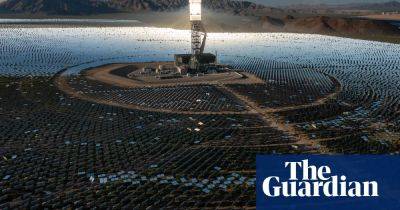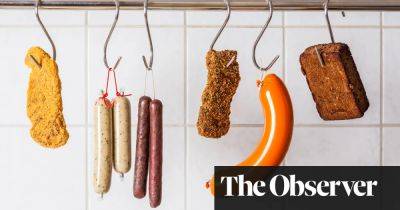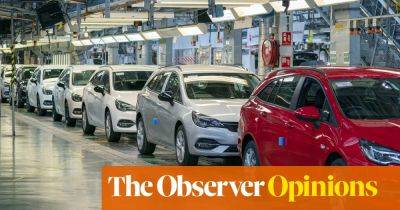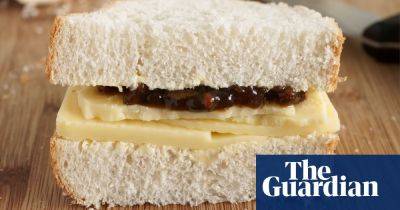An exhibition about milk’s complicated history has me rethinking my morning cuppa
I t’s good, sometimes, to think long and hard about the really basic things in life – or, at least what may seem like the really basic things in life – and at Milk, a (free) exhibition at the Wellcome Collection in London, this happens seemingly without any effort on the part of the visitor. Suck it up quickly, as if through a straw! For here, in a (metaphorical) pint bottle, are art and history, biology and ecology, and public health and politics. I guarantee you’ll never think the same way again about your morning cup of tea, nor even – if you’re of a certain age – about those memories, almost a cliche now if written down, of the milk you were forced to drink at school as a child (ugh).
It opens with a huge udder, as vast and foreboding as a black cloud (a hanging sculpture by the contemporary German artist, Julia Bornefeld), and an irresistibly cheery collection of 18th- and early 19th-century Staffordshire cow-shaped creamers – a pairing that sets the tone for the peculiar combination of comfort and anxiety ahead. People are ever more fundamentalist about food, but its production is complicated, and so, increasingly, are its effects, whether on the land or our bodies. If I felt mournfully admiring of a 20th-century Ministry of Health that improved infant mortality rates via a promotion of milk – if only our present government were half so proactive in the matter of the obesity crisis – equally, the Wellcome’s displays forced me to think about some of the ethical problems associated with dairy farming, several of which, I will admit, I hadn’t really considered before.
But I don’t want to make Milk sound preachy. The time I spent there was uplifting; in my head, I composed a mental note to Gary, our Liverpool-supporting
Read more on theguardian.com

 theguardian.com
theguardian.com